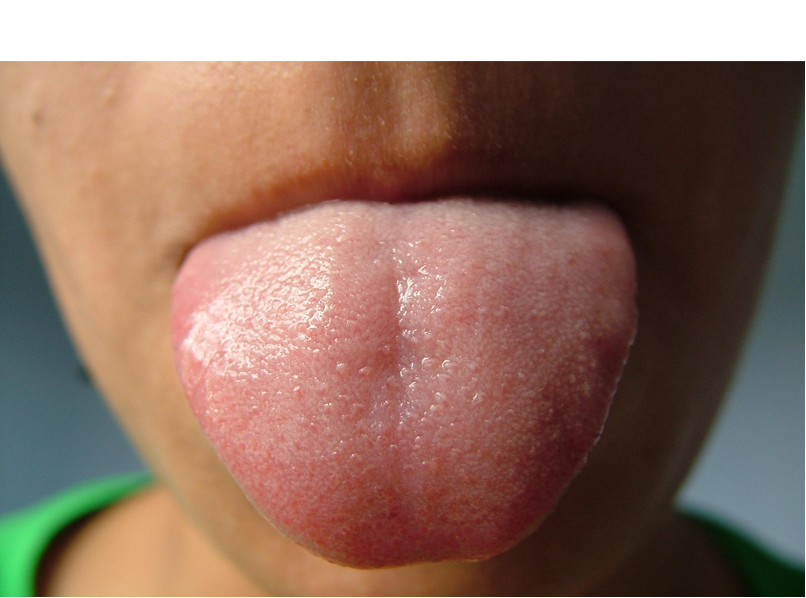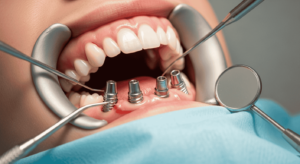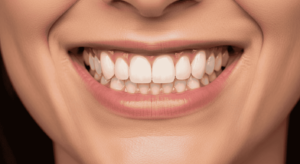When discussing oral anatomy, the teeth are usually in the spotlight, and we sometimes forget the importance of the tongue. The flexible collection of muscles, the tongue, has several vital functions, including aiding speech and taste. So, if you have somehow forgotten or never knew this organ’s importance, sit tight!
What Exactly Is the Tongue?
The tongue is a flexible, muscular organ with mobility controlled by those muscles and works as a digestive organ. Covered by a mucous membrane, the organ is positioned in the oral cavity and occupies the upper throat. The papillae, which is associated with taste buds, is the mucous membrane responsible for the tongue’s texture. Essentially, the tongue is necessary for speech, tasting, chewing, swallowing, and breathing.
What Are the Functions of the Tongue?
Taste
The tongue identifies what is acceptable to our sense of taste and safe to eat with the aid of taste buds. The papillae are responsible for our tongue’s roughness; they contain taste buds that regenerate every 1-2 weeks. Three out of four types of papillae—fungiform, circumvallate, and foliate- allow us to experience taste: sweet, sour, salty, bitter, and umami. Also, as opposed to the belief that certain regions of the tongue have a concentration of certain taste buds, these buds are scattered throughout the organ.
Mastication
Mastication, similarly known as chewing, is breaking down food with saliva. Chewing is the foremost step in digestion, and the tongue plays an important role. The tongue is responsible for holding the food in place to be broken down into smaller pieces by the teeth and mixed with saliva.
Swallowing
After chewing and the tongue helping you mix the food with saliva, the food becomes a ball-like portion known as a bolus. The tongue pushes the bolus, and it travels through the pharynx and esophagus before it is propelled to your stomach.
Speech
The tongue is essential when it comes to speaking. It works with the teeth and lips to produce meaningful and understandable sounds. We can’t pronounce certain letters without the help of the tongue, and the organ can achieve this feat thanks to the muscles that alter the tongue’s shape and position. A tongue condition may be responsible for a speech impediment.
Breathing
The tongue must be well-positioned to breathe well. When we breathe with our mouths, usually while sleeping, the tongue can obstruct the airway, which is responsible for things like snoring.
Tongue Conditions
- Herpes stomatitis. This condition also known as cold sores, may develop around and in your mouth, including your tongue, and is primarily caused by HSV-1.
- Candidiasis. Candidiasis or thrush, is caused by candida yeast and is more common in older and younger people and those with a weak immune system.
- Hairy tongue. When a person’s tongue has a black, furry appearance, it results from overgrown papillae. It is painless and can be taken care of with a tongue scraper.
- Geographical tongue. This condition gives your tongue a map-like appearance because those tiny bumps are missing in some regions of your tongue.
- Oral cancer. Numbness in the face and challenges eating and speaking are signs of oral cancer. It could be hereditary or tobacco consumption.
Some tongue conditions go away on their own or with OTC medications, but if symptoms persist, you should see your doctor for diagnosis and treatment.
How to Take Proper Care of Your Tongue
- Brush your tongue. The tongue’s surface, the papillae, can hold bacteria that could alter your breath and taste. So, you should also pay attention to your tongue when brushing your teeth. Do not use too much force while brushing, and rinse properly.
- Use a tongue scraper. A tongue scraper may be more effective for cleaning your tongue. Use this tool made from flexible plastic to scrape your tongue from back to front, but do it with light pressure, so you don’t injure yourself.
- Avoid smoking. Smoking can affect the health of your tongue significantly. It can damage your papillae and ruin how you taste food, and it can also sponsor oral cancer. So, do your best to avoid smoking.
- Eat healthy foods. There are no downsides to eating healthy foods. Eating nutrient-packed food is good for our muscles, organs, and body for many reasons, including combating bacteria.
- Stay hydrated. Drink lots of water to wash away food residue from your tongue, and leave your tongue debris-free. You can also add green tea to switch things up because they’re effective against odor-inducing bacteria.
- Visit the dentist. If you feel pain or notice any abnormalities with your tongue, perhaps a pronounced white tongue or a bright red one, you should head to your dentist. Depending on the exact condition, you may need a specialist. However, a dentist can assess the problem and refer you to a specialist.
Conclusion
The tongue is a very vital organ that contributes to how we function optimally as humans. If you notice anything odd happening to your tongue, don’t hesitate to contact your dentist or doctor.





Be First to Comment